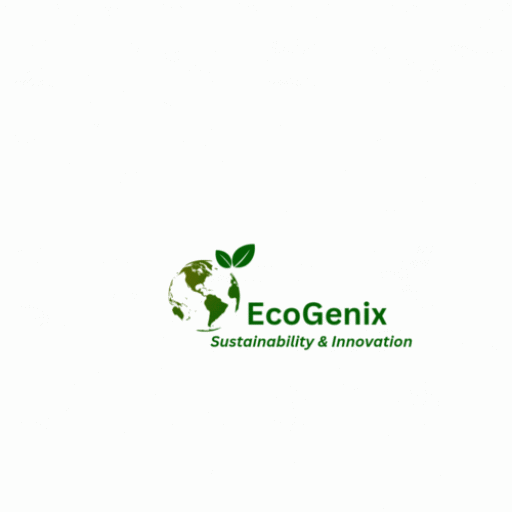Introduction
Sustainability and sustainable development are terms that have gained significant prominence in recent years, reflecting a growing global concern for the environment, social equity, and economic stability. As the world grapples with challenges like climate change, resource depletion, and social inequality, understanding the core concepts of sustainability and sustainable development has become crucial. This article delves into the fundamental principles of sustainability and explores key aspects that define this paradigm shift in human development.
Defining Sustainability:
At its core, sustainability refers to the ability to meet the needs of the present without compromising the ability of future generations to meet their own needs. It emphasizes responsible resource management, environmental protection, and social well-being. Sustainability is not limited to environmental concerns; it encompasses economic and social dimensions, forming the foundation of sustainable development.
Understanding Sustainable Development:
Sustainable development, an integral part of the global development agenda, aims to balance economic growth, social inclusion, and environmental protection. It advocates for long-term planning and decision-making that fosters prosperity without depleting natural resources or harming the environment. Sustainable development recognizes the interdependence of economic, social, and environmental systems, emphasizing the need for holistic solutions.
Key Aspects of Sustainability and Sustainable Development:
- Environmental Conservation:
- Sustainability emphasizes the preservation of ecosystems, biodiversity, and natural resources. Efforts to reduce pollution, conserve water, promote renewable energy, and mitigate climate change are crucial aspects of environmental sustainability.
- Economic Viability:
- Sustainable development promotes economic systems that support long-term growth without depleting resources. This involves investing in renewable energy, promoting circular economies, and supporting businesses that prioritize social and environmental responsibility.
- Social Equity and Inclusion:
- Social sustainability focuses on ensuring that all individuals have access to basic needs, such as education, healthcare, and employment opportunities. It advocates for social justice, gender equality, and the empowerment of marginalized communities.
- Community Engagement and Participation:
- Sustainable development encourages active participation and engagement of communities in decision-making processes. Community-driven initiatives and participatory approaches empower people to shape their own sustainable future.
- Technological Innovation:
- Embracing innovative technologies that promote sustainability, such as green energy solutions, eco-friendly materials, and sustainable agriculture practices, is crucial. Technological advancements play a vital role in finding sustainable solutions to complex challenges.
- Policy Development and Governance:
- Effective policies and governance structures are essential for promoting sustainability. Governments, businesses, and organizations play a pivotal role in creating regulations, incentives, and frameworks that encourage sustainable practices.
- Education and Awareness:
- Educating the public about sustainability issues and encouraging environmentally conscious behavior are key aspects. Awareness campaigns, environmental education programs, and advocacy efforts contribute significantly to building a sustainable society.
Conclusion:
Sustainability and sustainable development are not just buzzwords; they represent a fundamental shift in how humanity approaches progress. By embracing the key aspects of sustainability, societies can build a future that is environmentally resilient, socially inclusive, and economically viable. As individuals, communities, and nations work together to integrate these principles into their daily lives and policies, they pave the way for a more sustainable and equitable world for generations to come
ARTICLE BY: WAYNE TOTA
Food Security and Climate Change
waynetota9@gmail.com
0601133196239
Visit for more articles:
https://sites.google.com/view/foodsecure-sustain-agriclimate/home.
